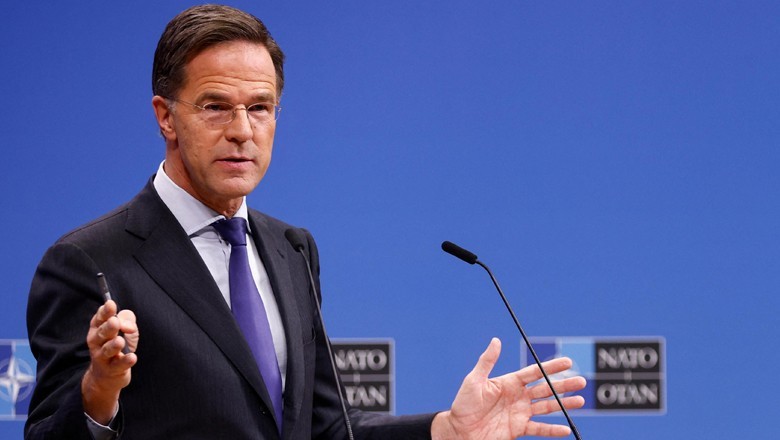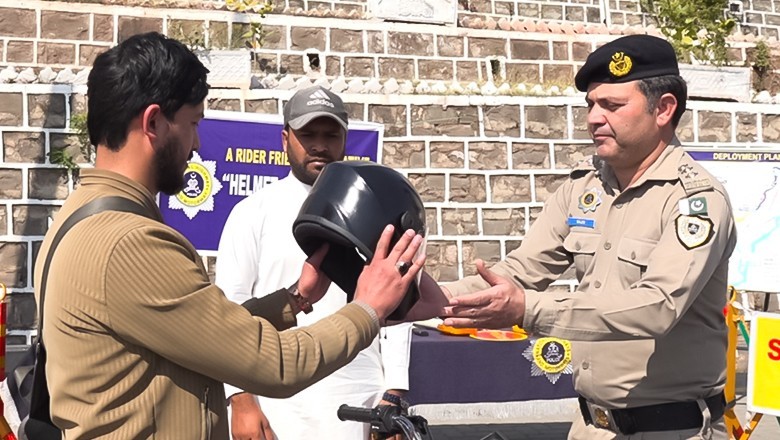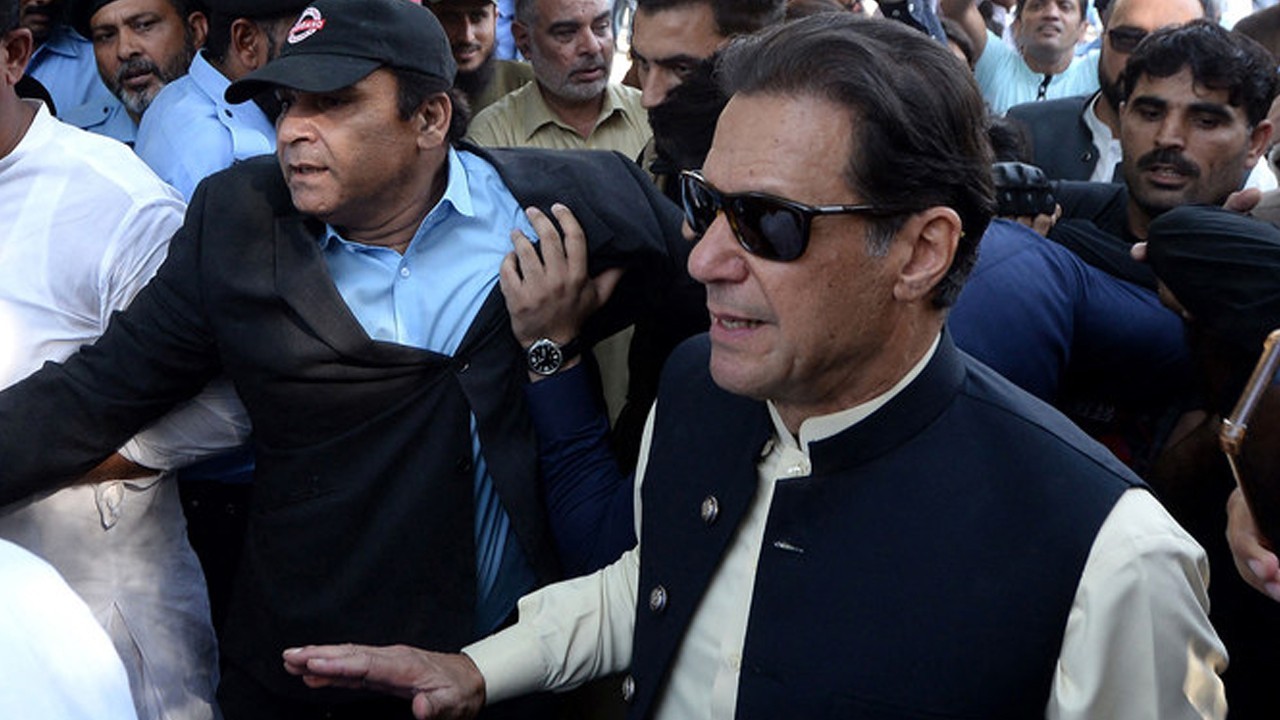Extreme heat exposure on the rise for millions of kids: UN

Web Desk
|
14 Aug 2024
Nearly half a billion children worldwide are now enduring twice as many days of extreme heat annually compared to their grandparents' generation, according to a recent report by the United Nations Children's Fund (UNICEF).
This alarming trend highlights the escalating impact of climate change, which is pushing temperatures higher across the globe.
The report reveals that approximately 466 million children, or one in five, live in regions experiencing at least double the number of extremely hot days each year compared to 60 years ago.
UNICEF used a threshold of 95 degrees Fahrenheit (35 degrees Celsius) to define "extremely hot days" and compared data from the period 2020-2024 with that of the 1960s. The findings underscore the disproportionate vulnerability of children to extreme heat, as their bodies are less capable of coping with high temperatures. This vulnerability extends to pregnant women, who also face heightened risks in such conditions.
In addition to direct health impacts, extreme heat disrupts education, with at least 80 million children in 2024 already affected by school closures due to high temperatures. The report also points to the increased risk of malnutrition, disease, and long-term developmental challenges for children living in areas frequently exposed to extreme heat.
Children in West and Central Africa are particularly at risk, with 123 million children, or 39 percent of the region's youth, living in areas where extreme heat affects them for a third of the year or more. In Mali, for example, over 200 days annually can reach or exceed 95 degrees.
Fahrenheit, exacerbating the difficulties faced by families who often lack access to air conditioning or other means to cope with the heat.
Latin America is also significantly affected, with 48 million children experiencing double the number of extreme heat days compared to six decades ago. The situation is worsening globally, with the trajectory pointing to increasingly severe conditions for future generations.
UNICEF is calling for urgent action to protect children from the dangers of extreme heat, including educating parents on the signs of heat stroke, training medical personnel, and investing in air conditioning in schools. The organization also emphasizes the need for broader climate action to mitigate the worsening impacts of global warming on vulnerable populations.












Comments
0 comment